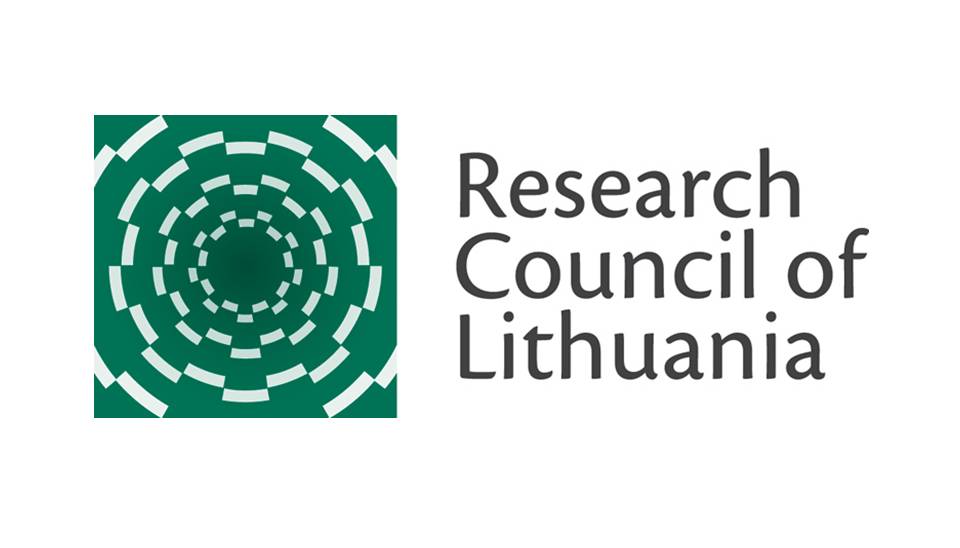Project idea
The film theory of the last three decades combined with Cultural & Critical Studies, Historical Memory Studies, Gender Studies, Auto/biography Studies, and other fields turns to the subversive, singular, critical, alternative, etc. cinematic practices that represent individual and historical experience. These practices are viewed in a sway from being not wholly faithful to the persistently dominant mode of cinematic production and prevailing cultural forms of individual and historical memory to radically altering them. The voice defined in its relation to the body and to the regimes of transmission is at the core of the problem. Asynchronous, “independent” voice potentially creates ruptures in the reality constructed on the screen. They may be overcome and erased later on in a film, or display the site for the concurrent, multiple or otherwise unorthodox interpretations of the culturally approved forms of memory introduced by a film. Thus, the autobiographical cinema and films dealing with historical memory/trauma, namely – memory of World War Two, are considered here the main area where the alternative politics of invisible voice can be productive in the cultural market of regimes and forms communicating personal and/or historical memory. The invisible voice in film appears to be right in the middle of the debates on the politics of visibility. Three principal questions of the research may be formulated: 1) How does the disembodied voice on the screen participate in producing and conveying personal and/or historical memory in relation to existing cinematic, cultural, and political conventions? 2) What kind of personal and historical memory speaks, to paraphrase Nabokov, through the multifariously invisible voice on the screen and by this – paradoxically – becomes present? 3) What viewing subjects are claimed by these narrative voice‐strategies?








